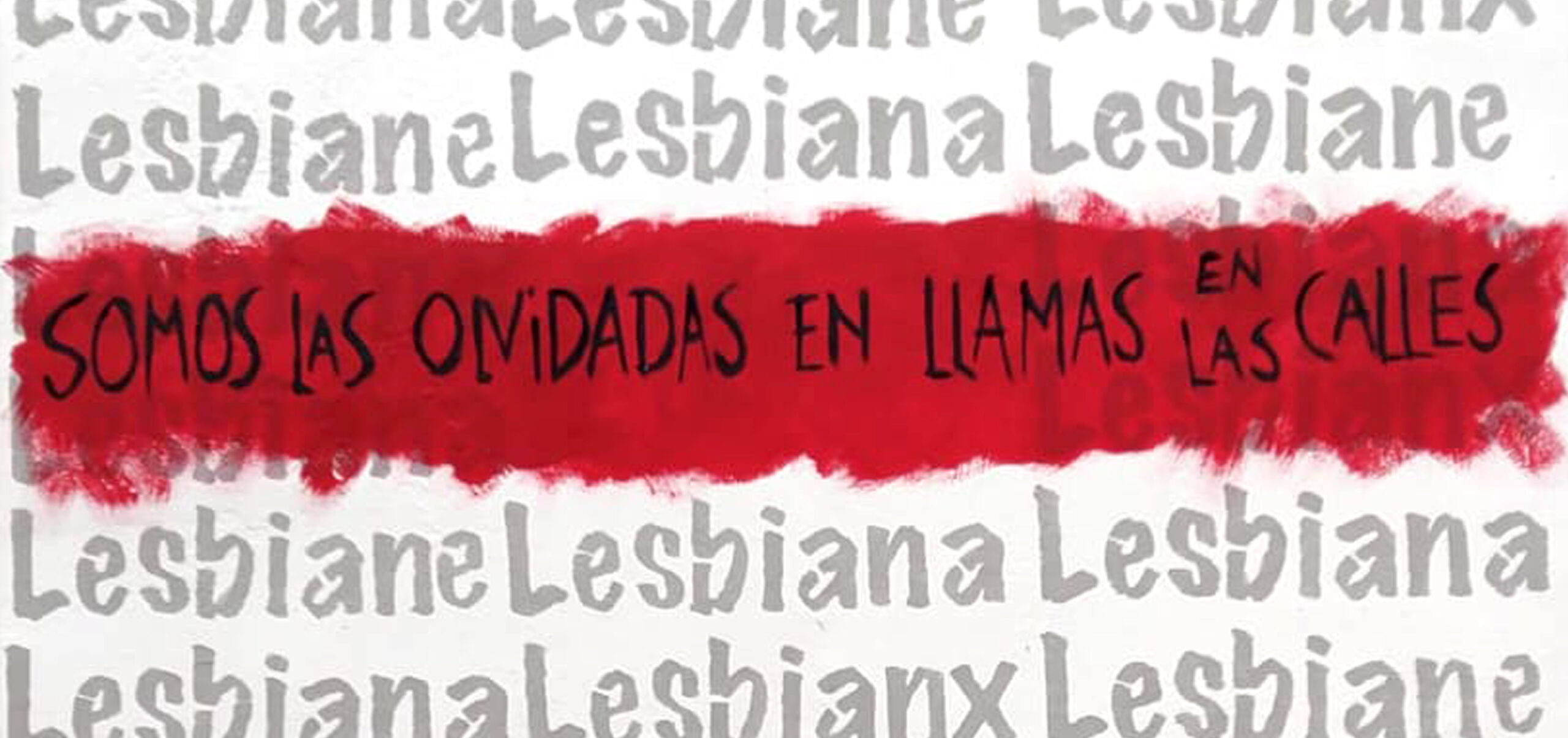Barracas, Monday May 6th, at dawn. A room in a poor boarding house is in flames. Four lesbians are in flames. Pamela, Roxana, Andrea and Sofía were attacked by one of the tenants. He threw a Molotov cocktail at them while they slept. A hand that was many complicit hands pushing the incendiary bomb. The hand of Milei’s government that propagates hatred of our existences, the hand of systematic hostility towards lives expulsed from their places of origin, the hand of families that punish or abandon, the hand of the media that makes banal, that makes fun of and silences, the hand of the good neighbors that ask to or imagine closing the boarding house because it makes the block ugly, the hand of a political and economic model that is annihilating us, among many others.
Pamela, Roxana, and Andrea died. They were murdered. Sofía is still hospitalized. The criminal privilege of capitalist heteronormativity made flesh and ashes. Barracas is a gentrified (neighbor)hood [barrio] in the southern zone of Buenos Aires. In the middle of it was this old house that serves as a living space, in exchange for rent, for many people who do not have a place to live. In front of the boarding house where this act of inquisition occurred there are two City government garbage containers. Yes, in front of the poor boarding house. There where four lesbians caught fire. What stories does that bed contain? What dreams, what tears, what arousals, what fears, what projects, what conversations? Garbage in front of the hotel. Stories that become garbage. Stories that stay in the garbage. Allegory for discard? Lesbian lives discarded, undone, eliminated. Disposable lives.
In some activist media and debates they say better dissident than lesbian, better women than lesbian, that at a gathering at the door of the boarding house better to shout of the name of some dead iconic activist who is not a lesbian, better not to say lesbian so as to not end up stuck to the terfs. I wonder where the garbage container is in this imagination that insists on erasure.
Lesbian, lesbian, lesbian, lesbian, say it as many times as they silenced it, is the phrase Macky Corbalán gifted us in the Celebration of the lovers in Córdoba in 2012. To use lesbian to name the motive of the attack is not to make the crime a lesbian matter, it is to do justice with a name that was removed from vital existence. It is to repair a history of invisibility, solitude, and violence. Four stories untold. It is to recognize that the community of lesbianas and lesbianes (1) and the whole dissident community suffered a wound, a loss, one more, and that we require rituals of mourning, of justice, of sensibility. To say lesbian is to recognize ourselves in a community of sexual dissents that does not seek to cancel names but to live in and among its differences, with the radical wager that “the world needs to be remade,” as Dorothy Allison said in a 1994 essay where she pays homage to a lesbian who was set on fire in the street. “We are the forgotten / in flames on the street,” is a verse of the poem.
In 2007, the year of the murder of the teacher Carlos Fuentealba, Fugitives of the desert, a group of lesbian feminists in Neuquén, organized an activity for May 17th that was called Our lives matter [Nuestras vidas importan], in which we handed out a flyer that I would like to circulate again in these fascist times that grip us:
it is the name they gave me; the name I learned for shame and self-disgust; the name that made my pleasure a tomb, a common grave of bad-smelling bodies; the name my brother used to curse; one of the names of silence; it is the name of an unworthy existence; the one that converts my kisses into the reason the family explodes; the one that defines my actions as terrorism against the species; the one that keeps justifying thousands of therapy sessions; the one that urges crime; the name of transit through the horror of isolation; the name of my enslaved steps, of the sickness invented by power, the name of an aesthetic of secrets, that makes of my body a disposable self; it is a name that contains the invisible marks of fire; the pasty fear that floods the streets of this city; the one that condemns my masculine manners; it is language deprived of the language that dominates; it is the name of the hostility I receive when walking; it is the name of the outside inside my own space; it is the name of the misogyny blown in your face, compañero; it is the name of your fear of being confused with one of us, compañera; it is the name of your anger, compañera, because you painted unity in just one color and covered up my difference.
I’d like to bring back these threads of fire that unite lives and deaths, histories of activism near and far. Threads of fire that write corrective lessons to frighten us, shut us up, disappear us. Threads of fire that are part of interwoven stories that it is up to us to tell. Because we need to keep telling the stories of Pamela, Roxana, Andrea and Sofía. Because we need to keep telling the stories of that charred bed, we need words, gestures, and money to not make them mere victims, we need to continue recounting their dreams and their efforts, we need to keep shouting their names so they resonate in the streets in the face of such silence, we need to keep embracing each other in order to listen to our collective consternation, we need to keep making the condemnation of this lesbian-hating attack international, we need to keep publicly expressing our rage, we need to keep doing a community ritual to send off the dead and to embrace the living, we need to keep dismantling discourses of hate and their lethal economic politics, we need to keep activating insurgent imaginations that insist on those unrealized futures of the sexual dissident past, we need to keep inventing a new language to tell ourselves again after such cruelty, we need to not throw our names in the garbage.
Because the lives of Pamela, Roxana, Andrea, and Sofía matter.
Because our lesbian lives matter.
val flores
lesbian, activist, writer
la boca, may 12 2024
(trans. LBT, May 16)
Traducción: Luna Beller-Tadiar / dancer/choreographer, multi-media artist, PhD student https://lunabellertadiar.wixsite.com/luna
_________________________________________________________________
*Translator’s Note (TN): “Lesbian*s” in the original, which holds open the gendering of “lesbian.”
(1) TN: this would translate to “non-binary lesbian.”



0 comentarios